|
On March 22, 2018 HER Planet Earth and '100 Women Doing Good' co-organised an event entitled 'Women in Exploration' in celebration of International Women's Day. The event, held a the ParkRoyal on Pickering Singapore, was sponsored by Philanthropist Brian Gillies, VP of Globaleye Financial Advisory, and aimed to raise awareness and funds for charities focused on Climate Action and Women Empowerment. Lisa Montford, Events Director for 100 Women Doing Good shared “The overall aim of our events is to increase awareness of local charities, whilst raising funds for their vital work, and making meaningful connections, not only with the charities but with all the great women who take the time to come out and show their support. Most importantly, we want to establish a better understanding of the reality of vulnerable people in Singapore and in the region and help make a positive impact on their lives.” The event beneficiaries were charities that champion underprivileged and abused women as well as environmental conservation initiatives. The non-profit entities that were invited and highlighted on the night were:
A passionate supporter of empowering women for a healthier planet, Christine Amour-Levar, Founder of HER Planet Earth, stated "We organise challenging self-funded expeditions around the world to raise awareness and funds for underprivileged women affected by climate change. This is because women are among the most vulnerable to climate change and environmental degradation. While climate change is a global phenomenon, its effects are felt locally, and poor people suffer the most. Among the world’s 1.3 billion poor people, the majority are women." All in all the event raised over 17,000 SGD for the charities present. This is in addition to the 15,000 SGD raise by HER Planet Earth's Antarctic team via their recent climbing expedition to the frozen continent. In January 2018, HER Planet Earth's self-funded team of six women from Asia, Europe, Africa and North America successfully claimed the first ascent of two unnamed mountains in Antarctica’s Heritage Range. The mountains were named ‘Mount Gaia’ - ‘Gaia' is ancient Greek for the Goddess Earth - and ‘Mount Malala’ in honour of the Nobel Peace prize winner, Malala Yousafzai, who embodies courage and women empowerment in the face of injustice. The women chose Antarctica because it is a powerful symbol of what is happening to the environment since it is also fighting for its own survival. In fact, Antarctica, the world’s largest desert, which is 98% covered in ice, is melting at an alarming rate. The continent is losing large chunks of ice the size of cities from its coastline as a result of global warming, and when these icebergs melt and increase sea levels, this could have catastrophic consequences for our planet. A short film about their expedition was premiered at the Women in Exploration event. You can watch the clip below: Earth Hour 2018 reaches over 15,000 people to galvanise action on plastic, with thousands taking a signed pledge. WWF survey finds strong support for solutions to reduce plastic use and increase recycling. As part of the world’s largest environmental movement, over 15,000 people came together at Earth Hour 2018 to learn about the global plastic crisis. Of this, thousands took a signed pledge and called for more to be done in Singapore to reduce plastic waste. Earth Hour by the World Wide Fund for Nature (WWF) galvanises climate and environmental action around the world. This year, it highlighted a critical environmental issue for Singapore: the high consumption and low recycling rates of plastic. Singapore generates 700 million kg of plastic waste every year, and 93% of plastic waste is not recycled. Preliminary results of a survey by WWF found strong support for solutions to reduce plastic waste, such as better access to recycling bins or chutes (96%), increased responsibility by businesses (90%) and a tax or ban on plastic bags (74%). “The skyline going dim and thousands of people coming together shows that Singapore cares for what we are doing to our environment. We face an urgent global crisis on plastics - one that we as humans are responsible for. It is therefore heartening to see the multitude of people joining us at Earth Hour, welcoming greater action including support for government legislation on plastics,” said Elaine Tan, Chief Executive Officer of WWF-Singapore. Led by local artistes including Dru Chen, Jack & Rai and the Jukuleles, Earth Hour was celebrated at the 60+ Countdown Bash at Marina Bay. At 8.30pm, the Singapore skyline dimmed for an entire hour in a symbolic moment of solidarity for the planet. Earth Hour 2018 was held in conjunction with i Light Marina Bay and supported by CHARLES & KEITH, FairPrice and StarHub, as well as media partners Blue Ant Media and Outdoor Channel. About Earth Hour Earth Hour is WWF’s global environmental movement. Born in Sydney in 2007, Earth Hour has grown to become the world’s largest grassroots movement for the environment, inspiring individuals, communities, businesses and organizations in more than 170 countries and territories to take tangible climate action for over a decade. The movement recognises the role of individuals in changing climate change and harnesses the collective power of its millions of supporters to shine a light on climate action. 3/15/2018 Swiss Sailboat Fleur de Passion Arrives in Singapore as Part of Ocean Mapping ExpeditionRead Now By Christine Amour-Levar The 33m-long Swiss research vessel Fleur de Passion, an old German World War II navy minesweeper which has been disarmed and redesigned for scientific research, reached Singapore on March 13, 2018 and docked at the Republic of Singapore Yacht Club. The vessel and its crew are on a four-year Ocean Mapping Expedition around the world, retracing the footsteps of Ferdinand Magellan, measuring the impact of humans on the oceans and raising awareness for sustainable development - a project led by by Geneva-based Fondation Pacifique. Magellan was a Portuguese explorer who set sail from Seville, Spain in 1519 and embarked on a voyage, which became the first recorded circumnavigation of the Earth. His arrival in Cebu, Philippines in 1521, would eventually lead to the Spanish colonisation of the Philippine Islands. Like Magellan, the research team set sail from Seville, Spain in April 2015 and hopes complete the journey by August 2019. Working mainly with the authorities of the Swiss City-State of Geneva, the Ocean Mapping Expedition offers various educational and cultural programmes to the public. Some of the scientific activities featured on the ship included the following: 20,000 Sounds Under the Seas The 20,000 Sounds Under the Seas programme in partnership with biologist and engineer Dr Michel André records the sounds of the sea to assess noise pollution produced by human activity. "Marine noise pollution is recognized today as one of the greatest disrupters of marine ecosystems that threaten the natural balance of the oceans", said Dr André. "This pollution is little known to the general public because it is invisible and inaudible, at least for human ears,” he explained. Micromégas The Micromégas programme with the Federal Polytechnic University of Lausanne involves taking seawater samples at the ocean surface to evaluate the level of plastic pollution. The expedition also encourages education initiatives such as The Youth at Sea educational programme, which invites young people to stay on-board Fleur de Passion for up to two months to experience life at sea as full-time crew members. Over 34 teenagers have participated in the programme since 2015. Magellan’s Mirror As part of an arts initiative, the ship also offers the Magellan’s Mirror cultural programme which invites cartoonists from Switzerland and other parts of the world to come aboard the ship and create illustrations to explain the expedition's mission and its programmes to a wider audience. The Winds of Change The Winds of Change programme, in partnership with the University of Geneva, launched in December 2017 in Mactan, Philippines. It monitors the methane and carbon dioxide levels in the oceans in order to better understand global warming. "Methane and carbon dioxide concentrations clearly rise near cities, approaching islands and shallow seas, in other words in areas that are influenced by human activities or experience higher algal growth", said Prof. Daniel McGinnis, Head of the Aquatic Physics Group at the University of Geneva and responsible of the programme on the expedition. Established in 2007, the Fondation Pacifique has been carrying out educational, cultural, and scientific expeditions in order to help understand the human impact on the ocean. Fleur de Passion’s voyage can be tracked on their website and updates can found on their Facebook page and YouTube channel. The sailboat departs Singapore on March 25, 2018 before heading to Jakarta, Madagascar, Mozambique and South Africa, where she is expected to arrive in Durban then Cape Town by the end of the year. Earth Hour, the landmark movement by World Wide Fund for Nature (WWF), is back with a festival highlighting the global plastics crisis. By helping people understand how plastics impact the natural world, Earth Hour 2018 will rally support for the actions and solutions needed to address plastic waste in Singapore. Plastics are a mainstay in everyday life, but excessive usage is impacting ocean health and biodiversity. By 2050, there could be more plastic in the ocean than fish by weight. The use of fossil fuels to manufacture plastics further worsens climate change. 3 million plastic bags and bottles are sold every 60 seconds around the world. In Singapore, a person uses 13 plastic bags a day, amounting to 27 billion plastic bags every year. “A mindset overhaul on plastics is due in Singapore. Plastics can be a resource, but a staggering amount is used and produced today. Having individuals understand the issue and more importantly, take action to reduce their plastic use, is key to a lasting solution. Earth Hour aims to drive this change right here in Singapore,” said Elaine Tan, Chief Executive Officer of WWF-Singapore. People in Singapore are asked to support the Earth Hour movement with a #uselessplastic commitment: to reduce plastic use, and to refuse “useless” or unnecessary plastics such as straws, bags and stirrers. To drive home the message, Earth Hour will be a plastic-free event. Visitors are encouraged to bring their own reusable bottles, and no single-use plastics will be provided by participating vendors. Earth Hour 2018 Activities Earth Hour is held in conjunction with i Light Marina Bay, which encourages sustainability through a showcase of 22 light art installations. The 10-day festival from 16-25 March will feature interactive experiences, art and family-friendly games at the Earth Hour Village. The annual 60+ Countdown Bash will take place on 24 March, with the Singapore skyline going dim at 8.30pm.
Through an online platform called Connect2Earth ( connect2earth.org), WWF aims to spark conversations around nature and biodiversity around the world. The social data gathered through the hashtag #Connect2Earth will be used to identify current environmental topics based on geographical locations. Opening Hours ● Earth Hour Village: 16-25 March, 5pm - 9pm ● Earth Hour Marketplace: 23-25 March, 11am - 10pm (10.30pm on 24 March) ● 60+ Countdown Bash: 24 March, 6pm - 10.30pm Earth Hour 2018 is on Saturday 24 March at 8:30 p.m. local time (Singapore). Fact sheet prepared by WWF CLIMATE CHANGE AND OUR PLANET Today, our planet – and its climate – is changing at an unprecedented scale. Human needs for energy, food, shelter and overall consumption patterns are driving up global greenhouse gas emissions and with every passing year, and each new climate record, climate change is making its presence known with an intensity we have not seen before. Major natural systems – atmosphere, marine and terrestrial – are experiencing signi cant disruption, globally and locally. The results are evident – in the air, sea and on land – warming and acidi cation (changes in its pH level) putting pressure on sheries and bleaching coral reefs; shifting growing seasons that are impacting food production and availability for people and wildlife; intense and more frequent oods and droughts that are disrupting and destroying homes, habitats and migration patterns. Taken together, these e ects of climate change are eroding the planet’s best defense against its impacts: the earth’s biodiversity. UNDERSTANDING BIODIVERSITY As vast as our planet is, there is no place on Earth where one would fail to nd life. It may be as massive as the blue whale in the ocean or the elephant in the tropical rainforest, or as small as the cactus in the savannah and the plankton in the sea. But each has a role to play in keeping our natural systems working. Biodiversity is the single word used to describe this huge variety of life in a variety of places. There are many di erent species and habitat types, and many of them are dependent on each other for life. But what does that have to do with us and climate change? Everything. BIODIVERSITY SUPPORTS US Biodiversity is essential to the food we eat, to the water we drink and the air we breathe. All of these ‘services’ we take for granted depend on a complex web of soil, water and carbon processes, powered by the millions of species we share our planet with. Take the example of the Amazon rainforest. Often called the ‘lungs of our planet’, did you know that every species in this biodiversity hotspot – plant or animal – is helping provide the air we breathe thousands of miles away? The leaf-cutter ant for instance helps trim forest vegetation, stimulating new plant growth while breaking down plant materials and adding essential nutrients to the soil. This helps trees to grow and replenish – and continue to produce around 20 per cent of the Earth’s oxygen. Incredible, isn’t it? And to think that is just one species in one forest on one continent on Earth! At any given minute, biodiversity is helping provide the services below to you and me, together with the varied wildlife we share our home with: But now, things are changing. Our planet is getting warmer, our forest cover thinner and our oceans more acidic and it is because of us – and climate change. CLIMATE CHANGE THREATENS BIODIVERSITY Biodiversity provides a global safety net, providing us with all the essentials for life. Each species is like a single thread – and the more threads that link together, the stronger the net and the better our planet can cope with change. But when a thread fails, which is happening more and more due in part to climate change, it weakens all the other links. The impacts of climate change, such as rising waters, melting ice or drying river basins and croplands, mean that species, including us humans, are having to move or adapt how and where they nd food and water. Our grasslands, forests and oceans are reeling under growing pressures such as droughts, wild res and coral bleaching, to name a few. All in all, biodiversity is struggling to keep up and as it does, we are losing what could be our best defence against climate change. HOW BIODIVERSITY CAN HELP CHANGE CLIMATE CHANGE Our forests and oceans are on the frontline of climate change – and climate action. Between them, they absorb about 60 per cent of the planet’s CO2. But as we pump more greenhouse gases into the air, we need to ensure our forests and oceans are healthy enough to take the load. Healthy natural systems with rich biodiversity can be more resilient against threats like climate change (ask the dinosaurs!), with nature continuing to provide the essential support we all depend on as people and other species try to adapt and thrive. By protecting Earth’s natural systems, together with the variety of life needed to make them work, we can help reinforce our planet’s natural defences against one of the greatest environmental challenges of our time. MAKE THE DIFFERENCE WITH EARTH HOUR 2018 Join WWF’s Earth Hour to protect biodiversity – and our planet – against climate change. Together, we can create real impact and ensure people and nature can thrive in our shared home. This is our moment to change the planet for the better. In the past decade, WWF’s Earth Hour has helped mobilize communities and countries take action to protect their seas and forests, from Russia and Argentina to Uganda, Ecuador, Madagascar and Indonesia. Join us today and be a part of the world’s largest grassroots movement for the environment. Since 2007, WWF’s Earth Hour has mobilized millions around the world to encourage action to protect our planet and its biodiversity against climate change. Impacts include:
|
Details
AuthorChristine Amour-Levar Archives
December 2023
Categories
All
|
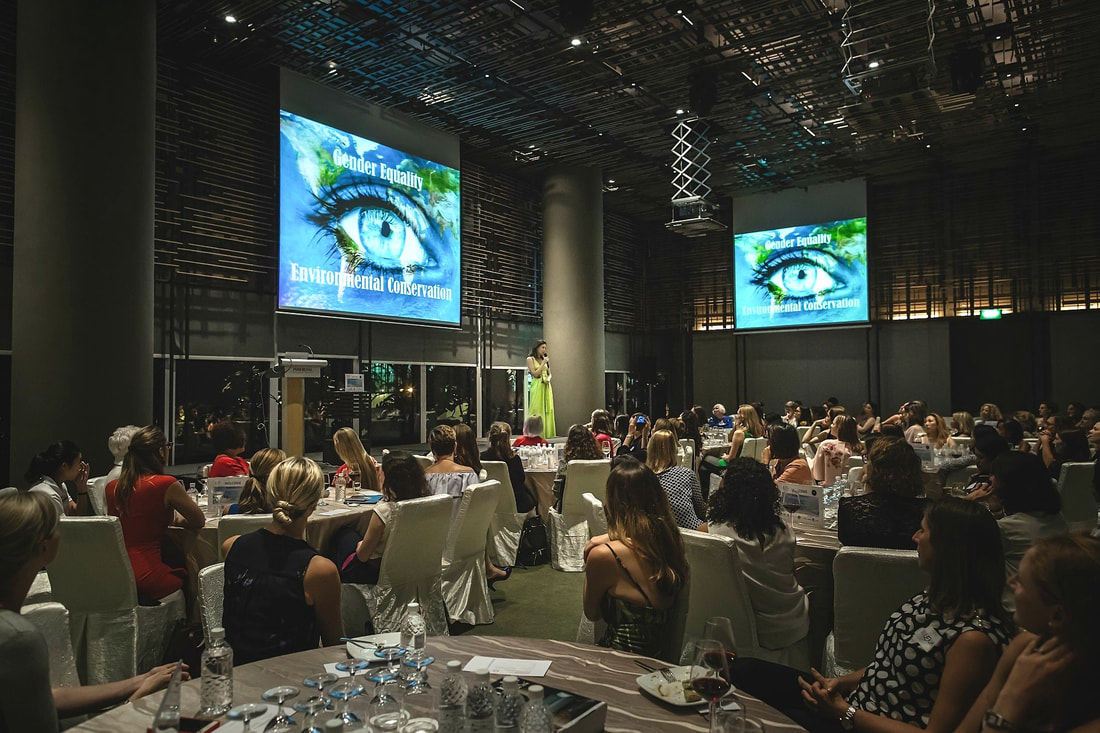

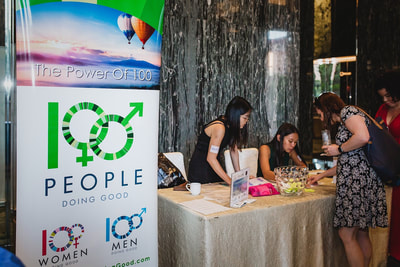


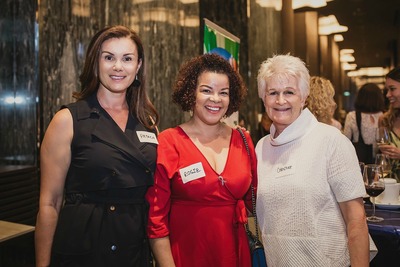
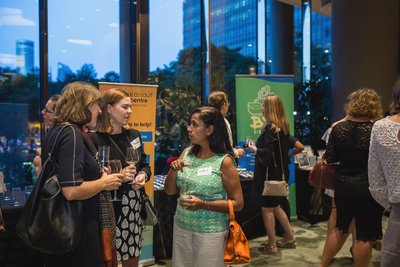
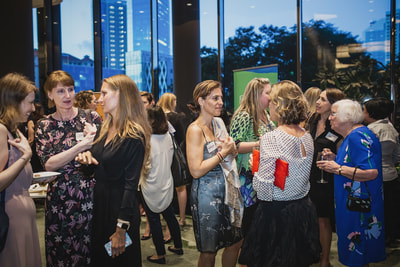

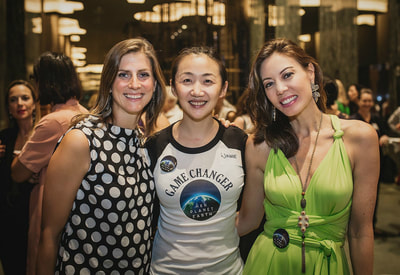
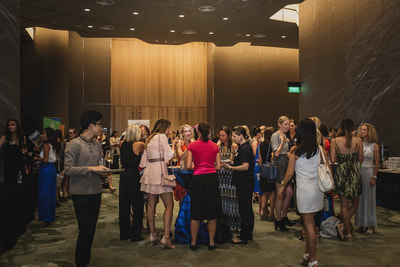


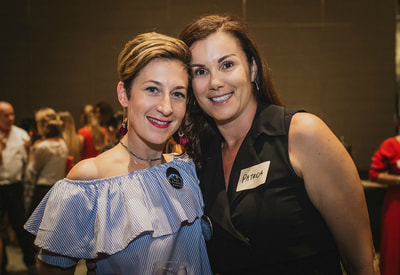
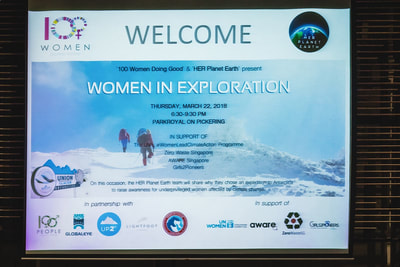
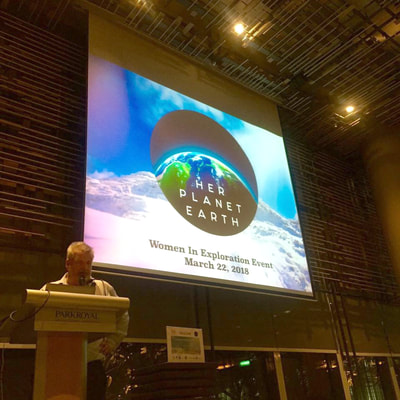

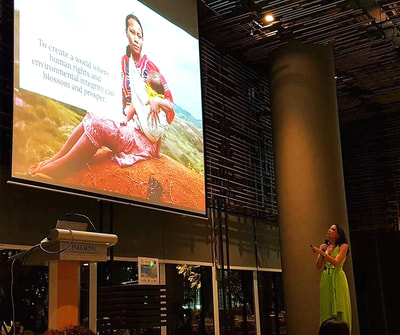
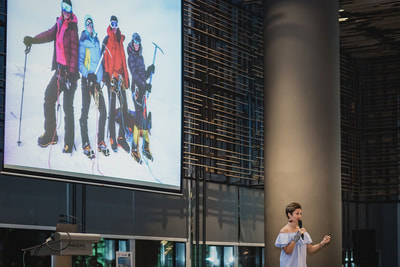
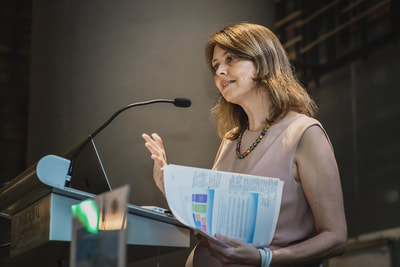
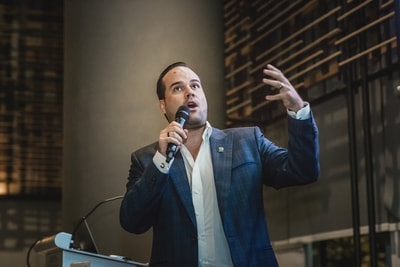
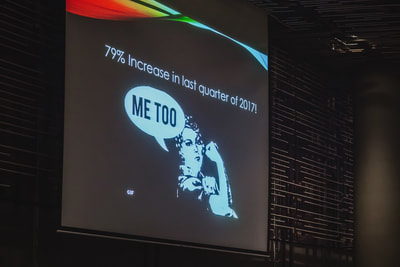
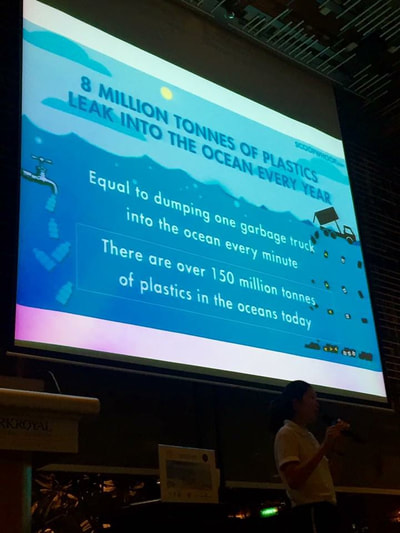



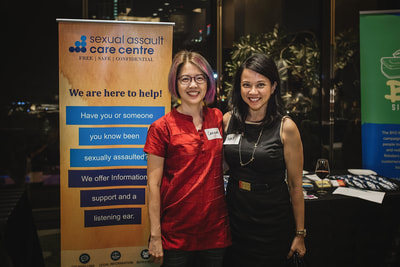
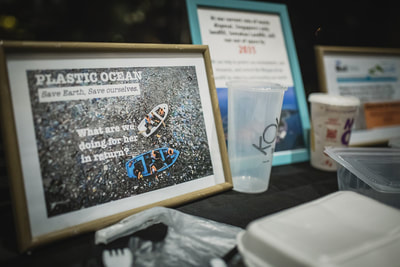
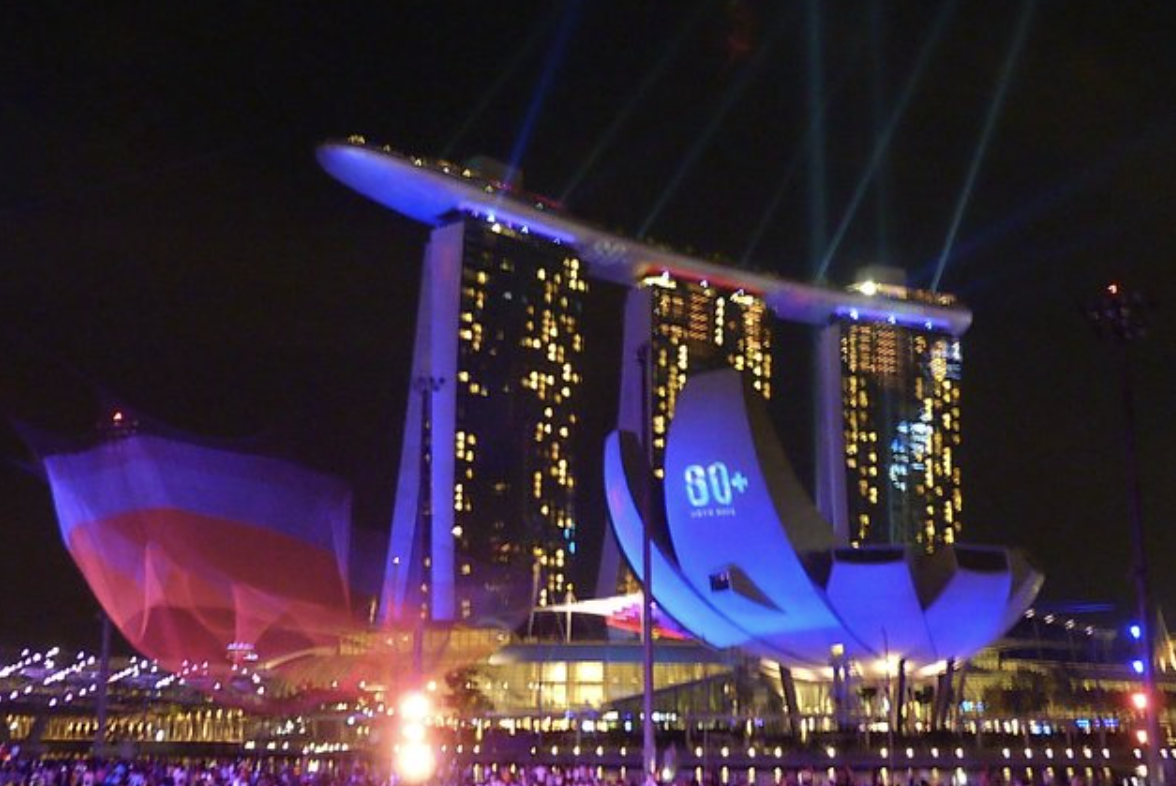
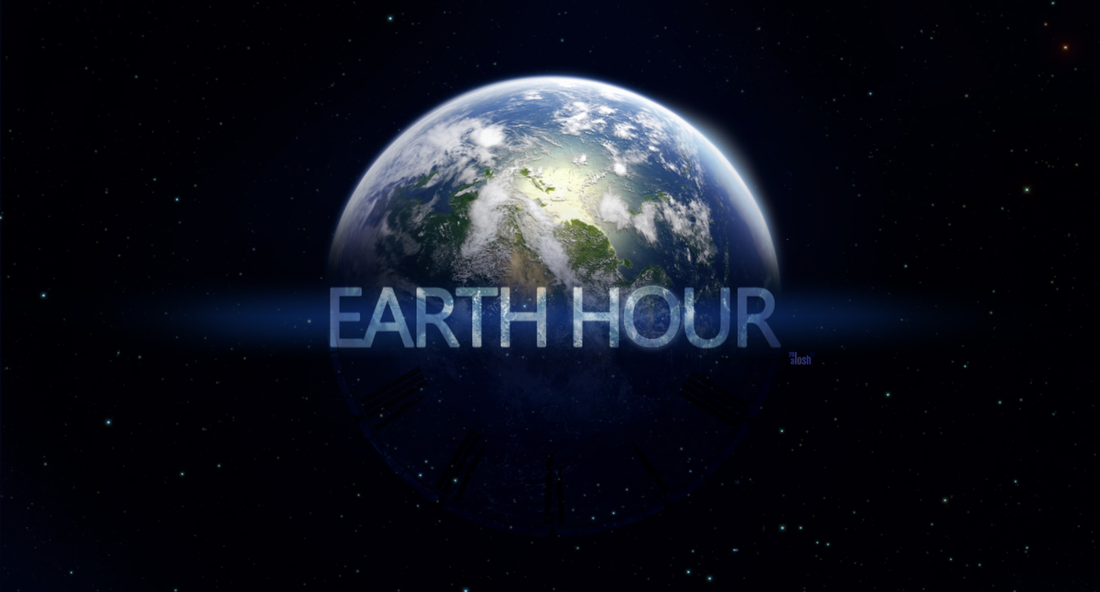
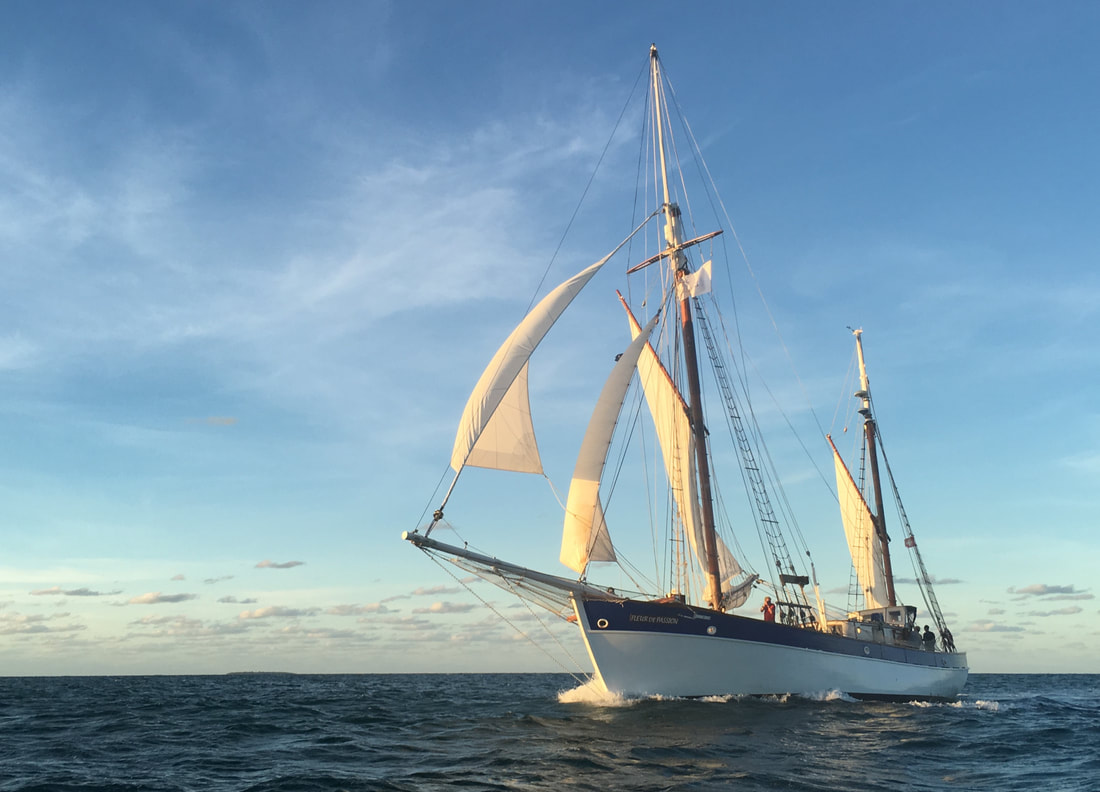
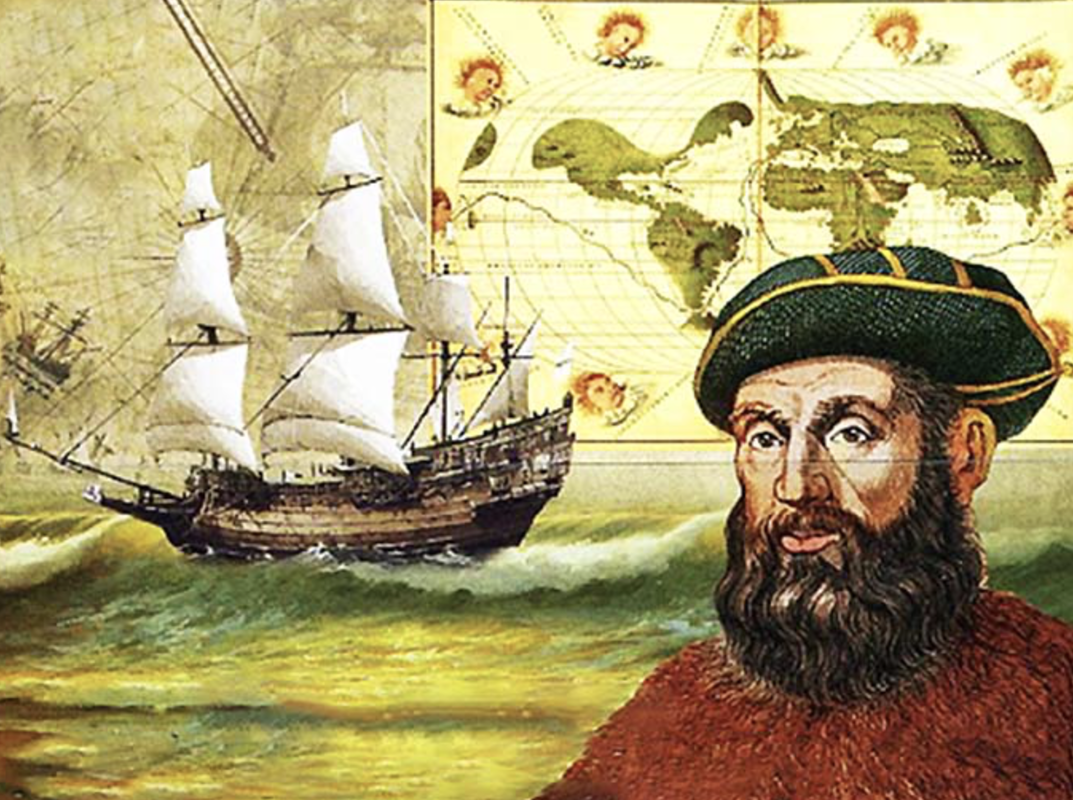
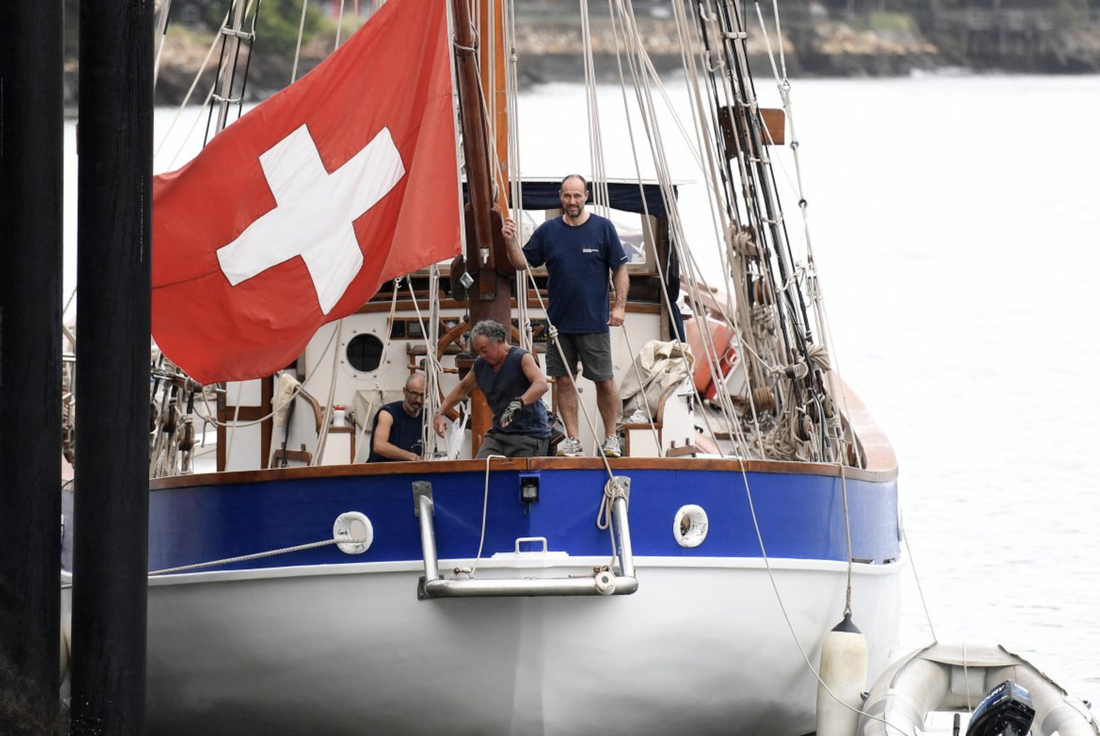
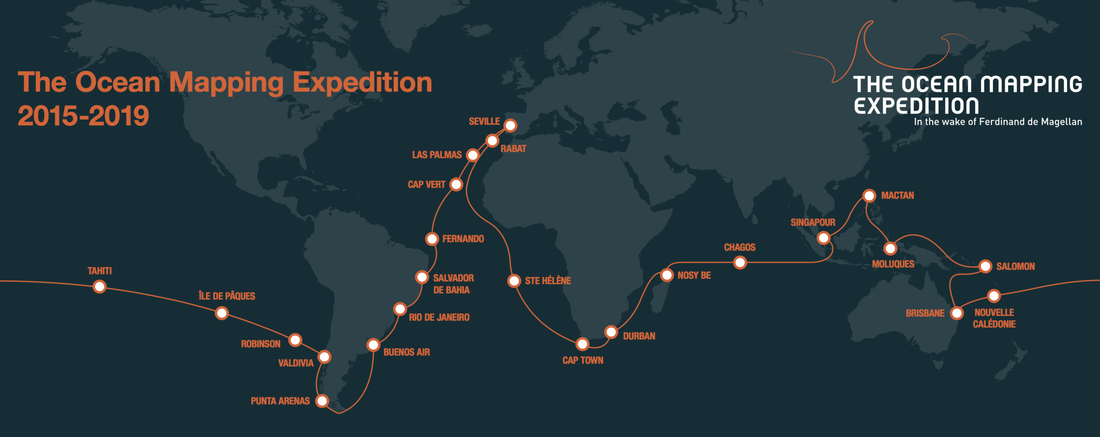
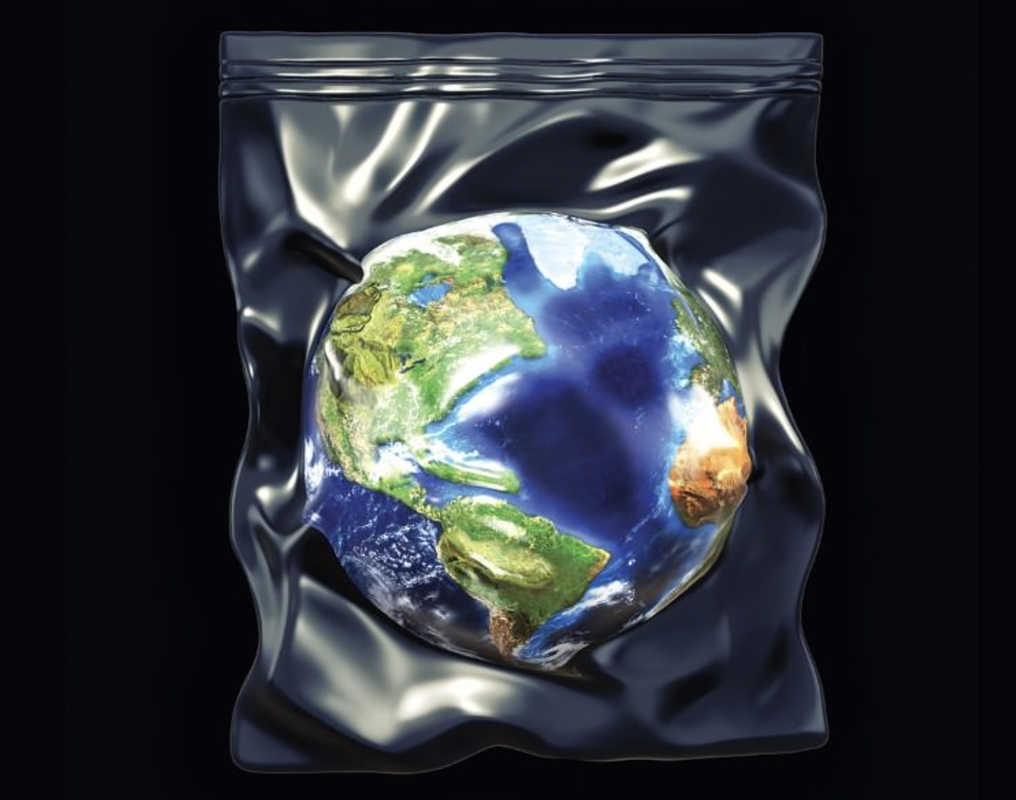
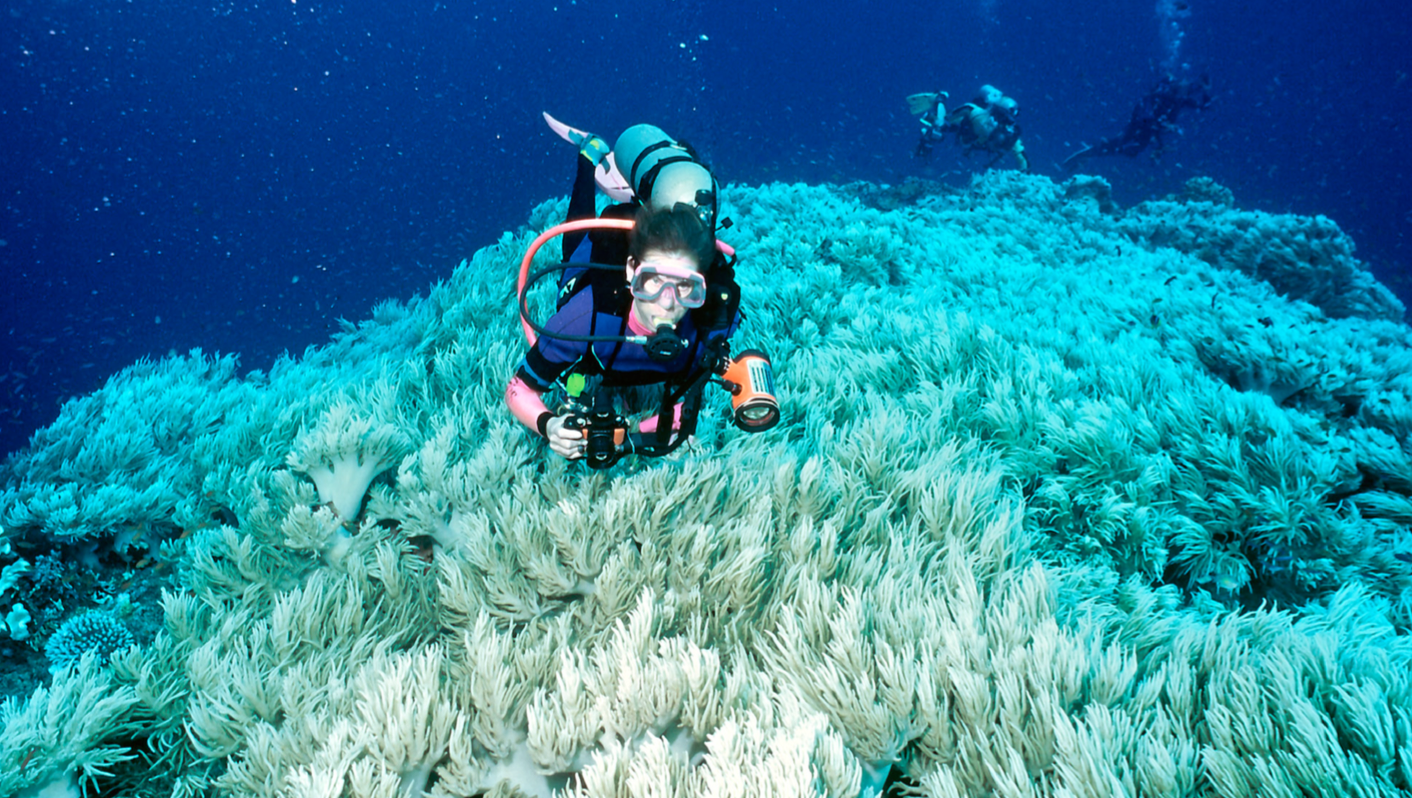
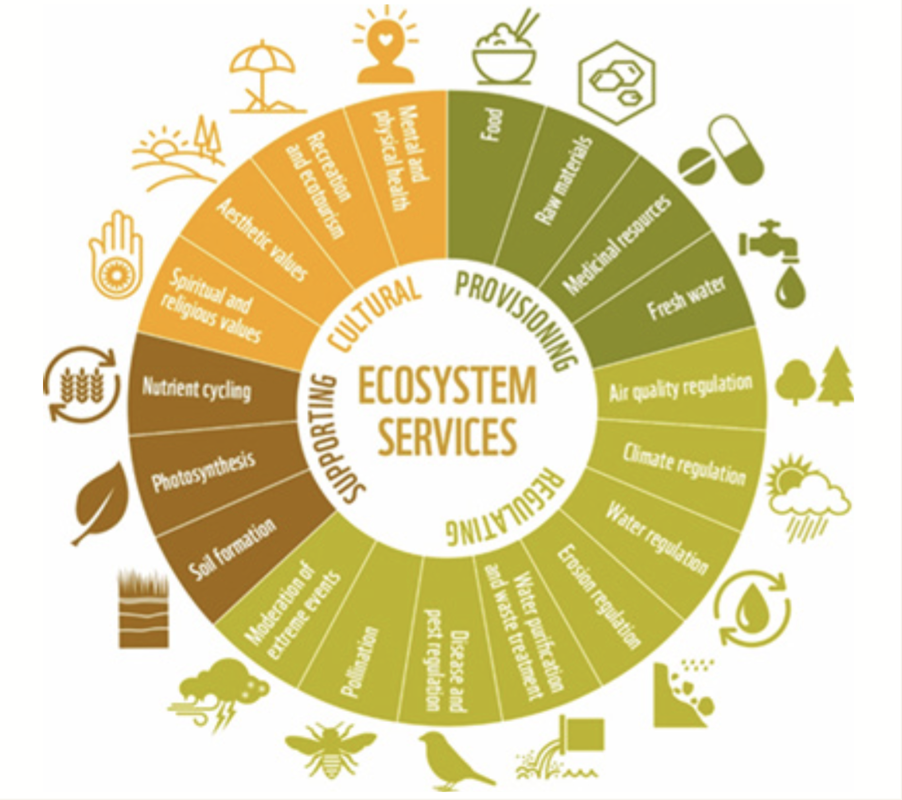
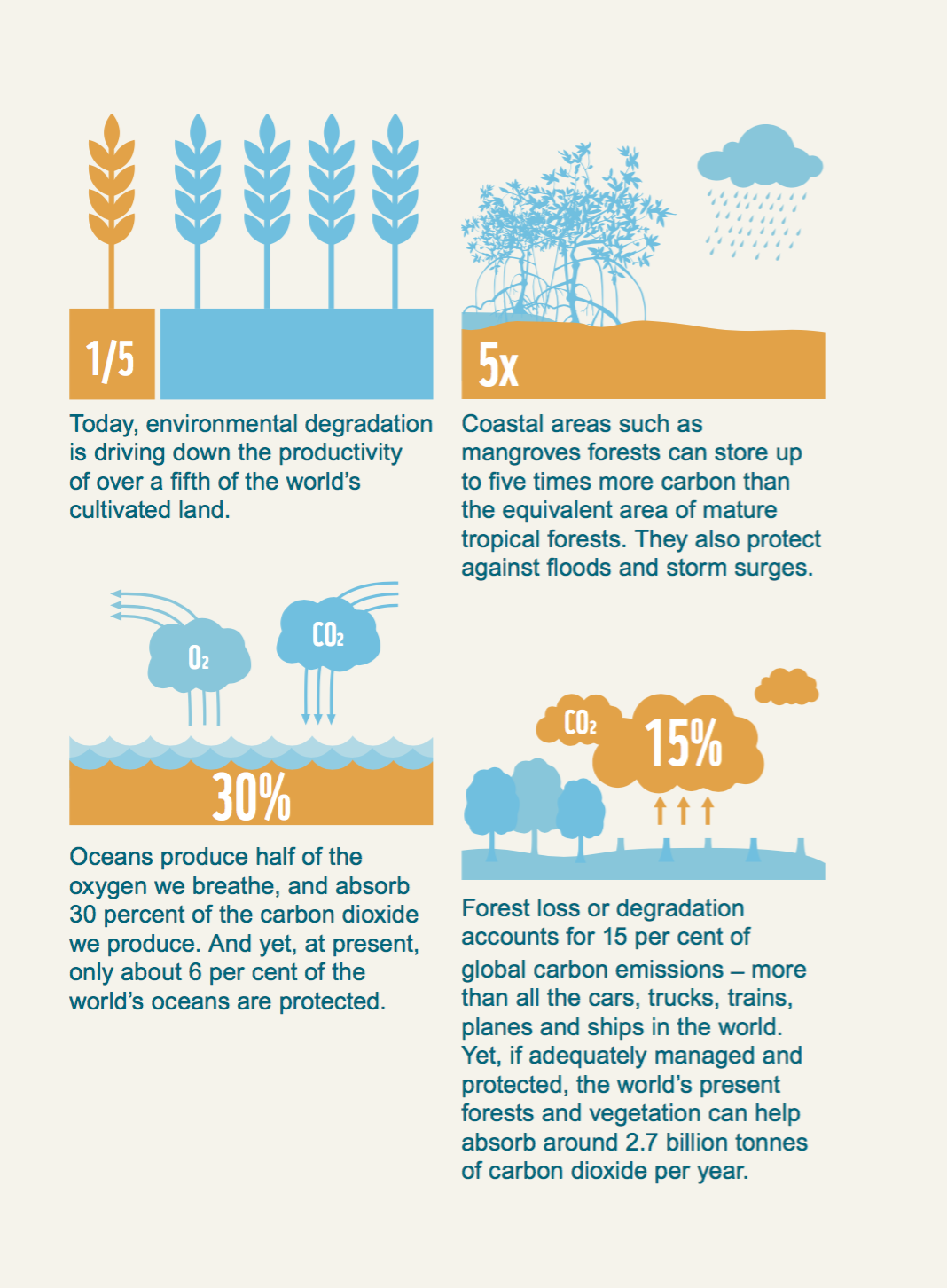
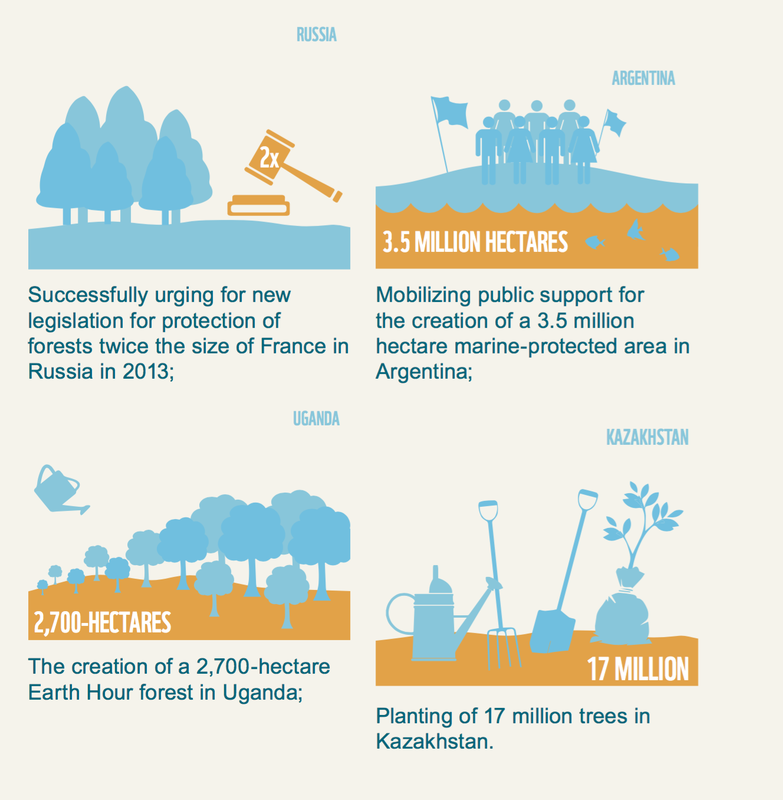
 RSS Feed
RSS Feed